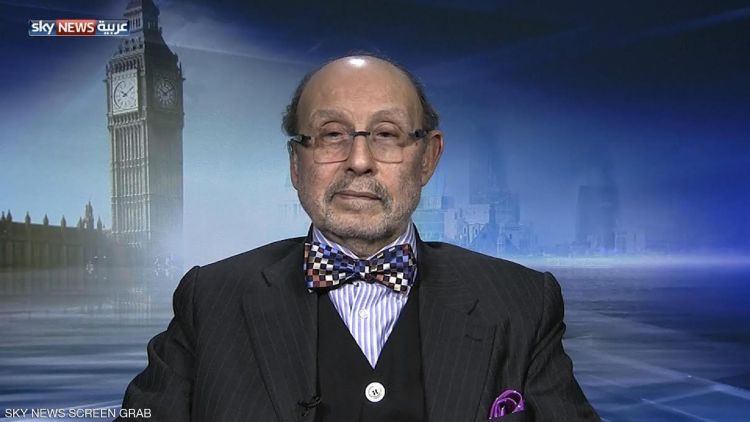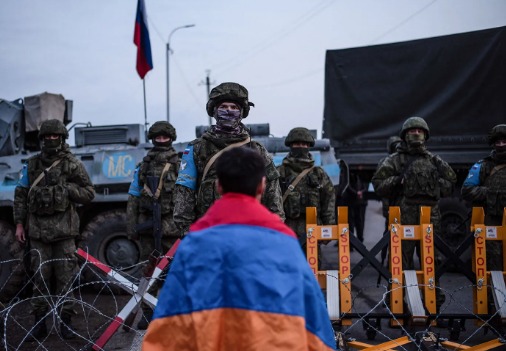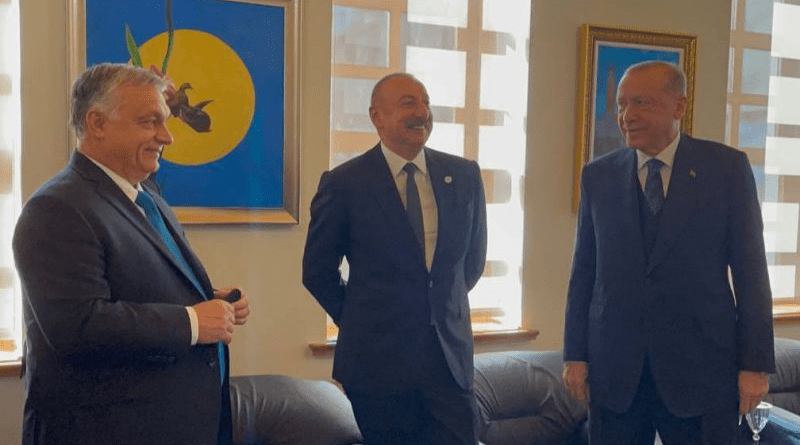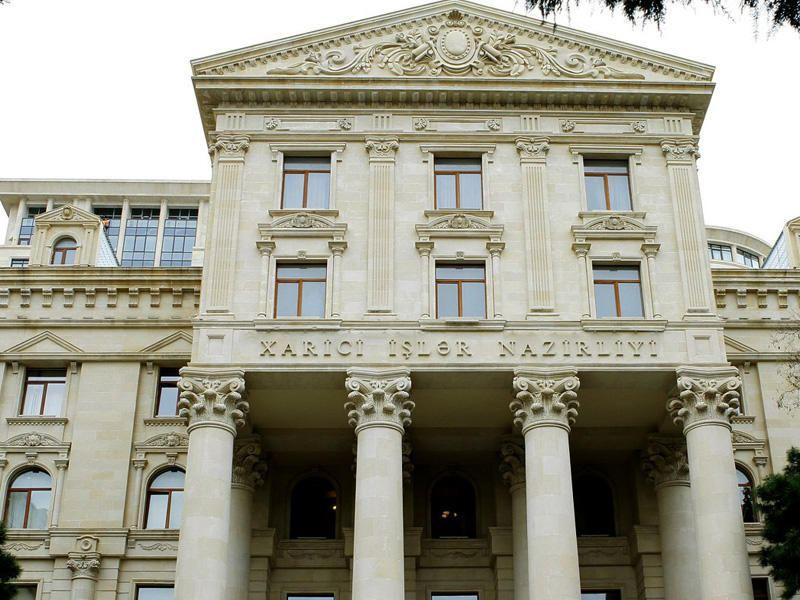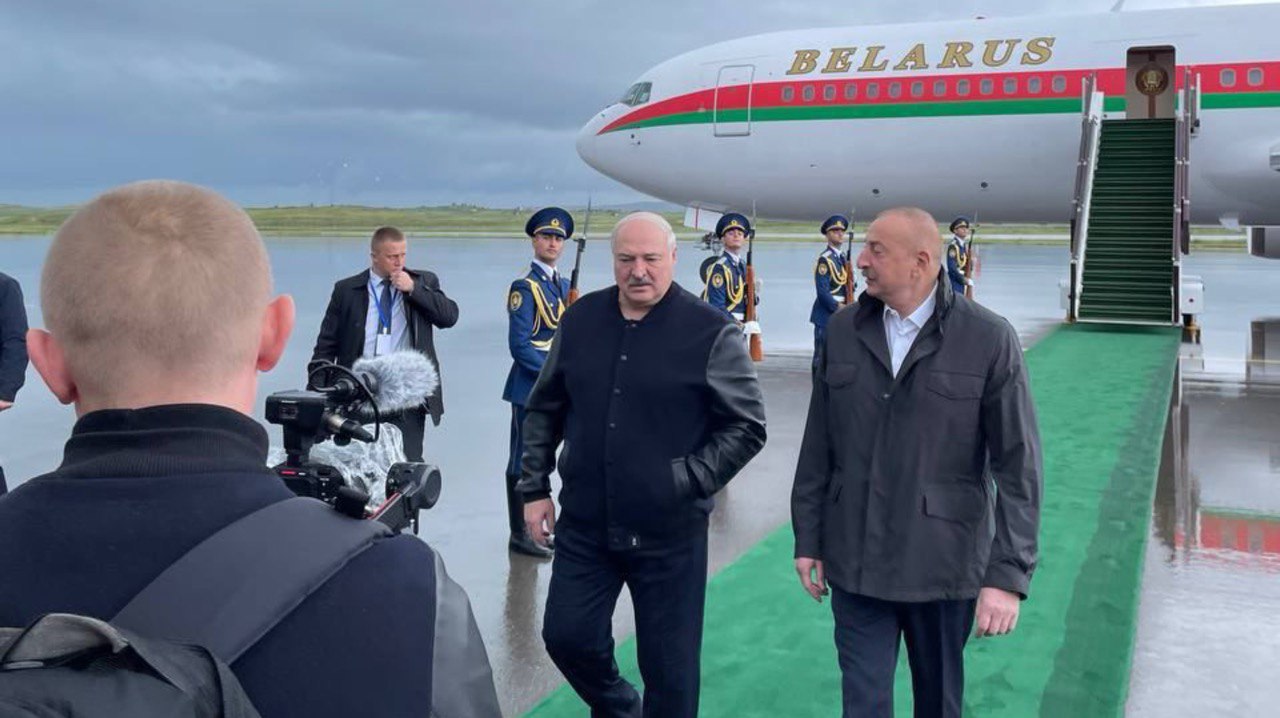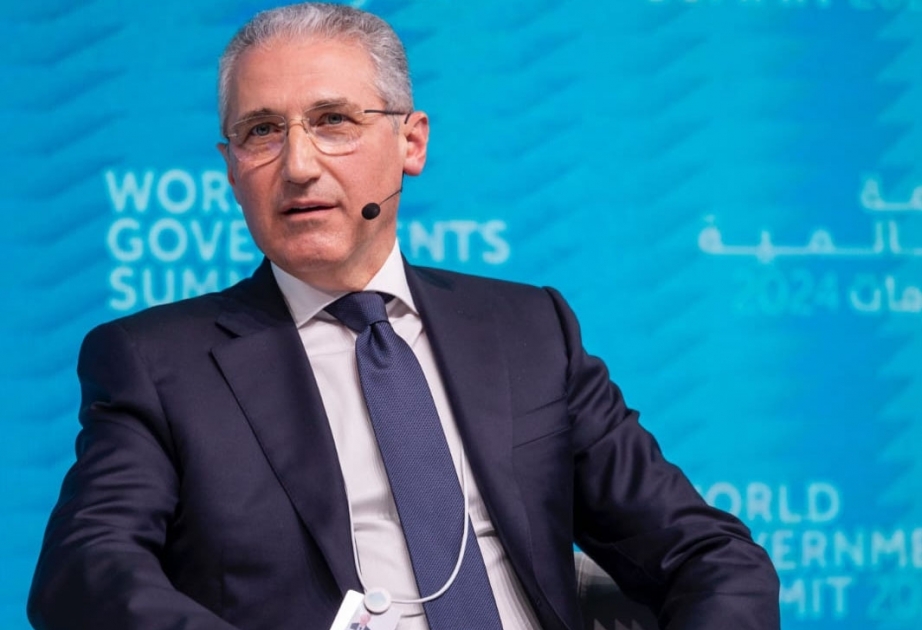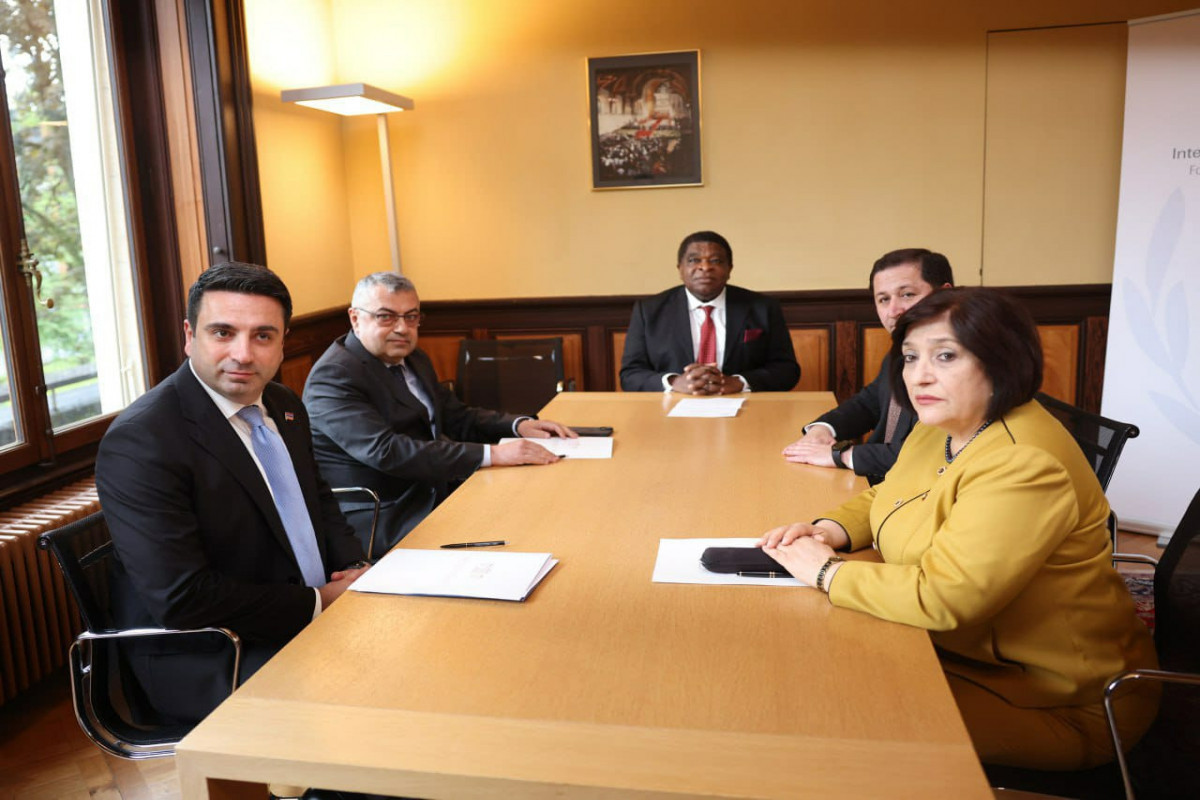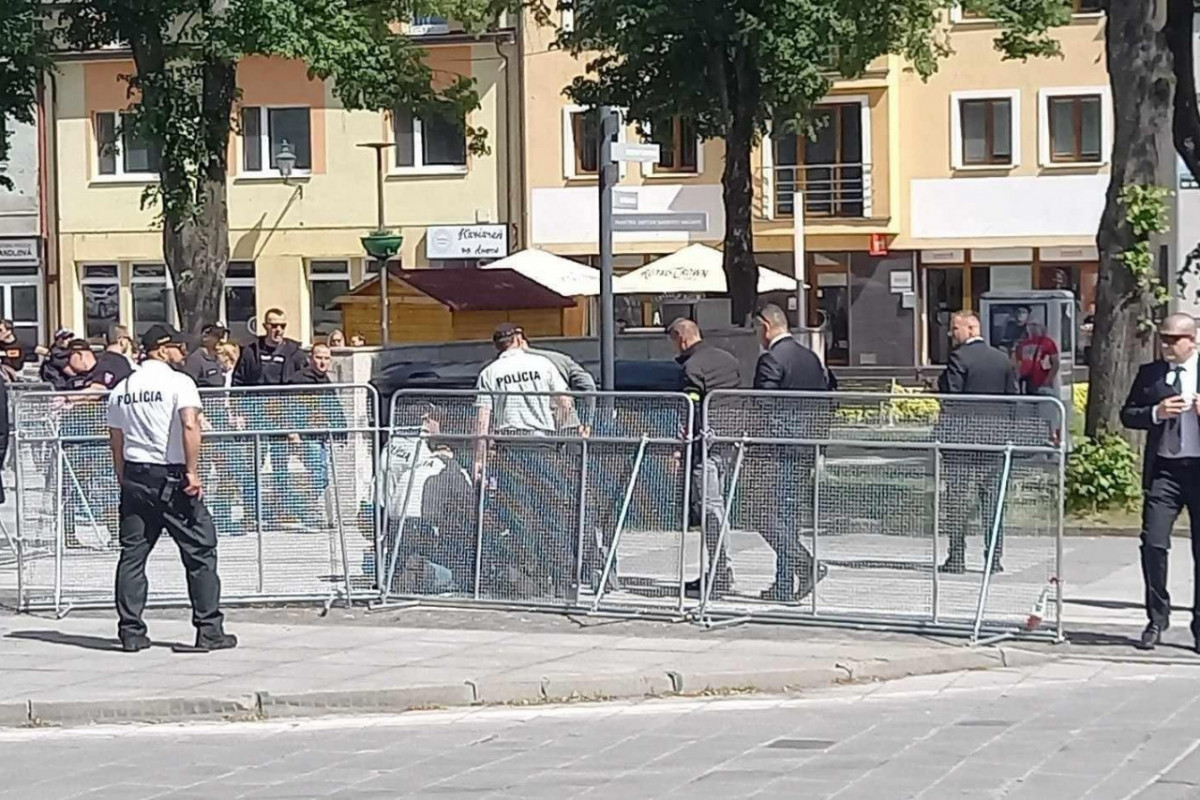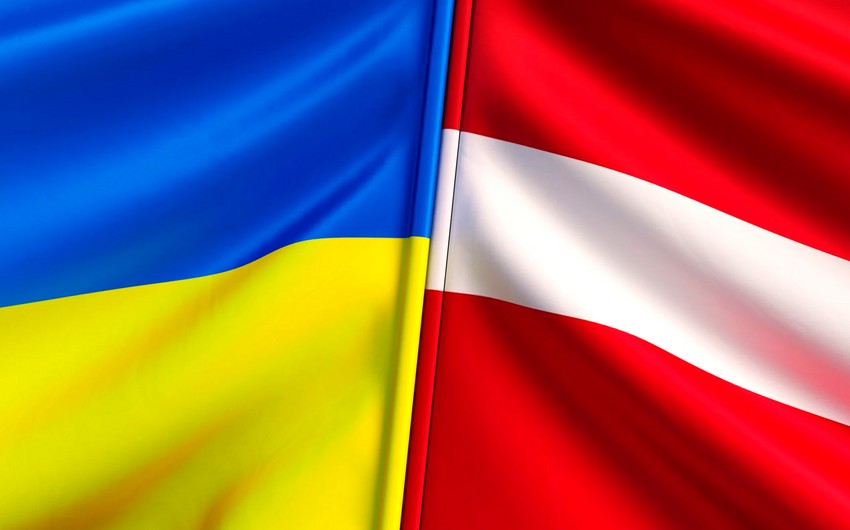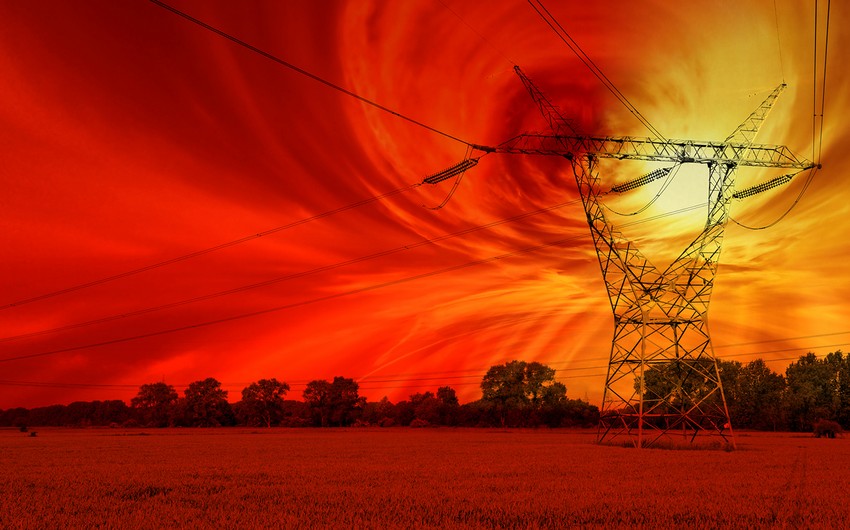Eurasia Diary talked exclusively to Mr. Adel Darwish, a Westminster-based British political journalist, a veteran Fleet Street reporter, author, historian, political commentator and Head of London Bureau of Eurasia Diary.
The Brexit earthquake was over at dawn of Friday 24 June; clearing the rubble and recovering career politician dead-bodies trapped under collapsed political system will take much longer, since nobody whether in London, in Brussels or any European capital has a coherent plan on how to clear the mess let alone rebuild the damaged institutions.
First causality was prime minster David Cameron who many compared his call and handling of the referendum on Britain's membership of the European Union to that of the late Anthony Eden's 1956 ill-fated Suez campaign lead to his downfall. As the drama still unfolds Euro-Asia news readers might raise questions on how did we get there, what is next in the likely scenarios and what does it all mean for them?
As Mr Cameron left his last EU summit doing his best to lift spirit and talk UK up before a battery of British reporters, the remaining 27 European leaders shut their door holding the first council meeting without Britain in 43 years. Television cameras zooming on the closed double-doors symbolized the EU leaders ostrich-attitude to the outside world and their detachment from reality more than isolation of Britain as they falsely claim.
The European Commission president jean-Claude Juncker, like the other four unelected Eurocratic presidents, was in denial that their refusal to reform or accommodate Mr Cameron's modest requests caused swing among British public to the leave vote. Perhaps they were still in shock or perhaps they'd wake up when a domino effect momentum becomes unstoppable sending the EU political project, in its current form, into the direction the former Soviet Union found itself travelling 25 years ago.
British people have always voted on economic interest lines as individuals and as groups in national and local elections. But this wasn't a national elections for parliament to choose the next government; it was a referendum with a black and white question. Stay in EU or leave EU.
Pollsters defined voters main concerns into four areas ( and some sub-texts) three of which were inseparable from economic interests. First was democracy. In the British definition and British 1000 years history of practicing and representation democracy was totally lacking from the European Union, which they saw as a soviet style centralized unreformable bureaucracy so detached from taxpayers who have no saying in its decision making process; and cannot vote out in an election nor can find a mechanism to change laws negatively impacting their lives.
At this facet EU democratic deficit links itself with economic interest of individuals and groups, it manifested itself in the way regions in England and Northern Ireland voted as well as how the different nations that make the Union of the United Kingdom voted.
The other three issues, also interlinked were sovereignty, economy and immigration. Sovereignty in the ability to control borders, and have independent choices putting British interest first in trade deals in foreign policy terms . Britain slowly lost this option over four decades the last two of which the country was only able to enter into foreign trade agreements under EU deals with outside world due to the commission protectionist policy and not able to sign trade deals with areas of close historic links like commonwealth nations such as India.
Third area was economy and what benefits or losses membership of EU meant?
While the remain campaign lead by Mr Cameron and the chancellor of the exchequer (finance minister) George Osborne started what the media called project fear scaring people's of economic disaster if they dared to vote out, the majority of the public, especially in areas outside London and working classes had already made up their minds that their poverty, deprivation and lack of services were directly or indirectly linked to EU policies and EU generated directives restricting their elected government ability to tackle those issues. This was reflected as the vote results started coming on the long night of 23 June.
For example Gibraltar, the first of 382 constituencies (realignment of borders of the 750 constituencies making UK parliament) to be announced voted by 85 percent majority to remain in EU. Voters in the rock overlooked democracy and sovereignty putting economy first since majority of trade, banking and dealing depends on daily free movement in and out of Spain. The principality of Wales as a whole nation voted out as economy fell in alignment with democracy and sovereignty. The Welsh were among the first to feel the negative fallout of globalization ( a major factor in poorer working class areas all voted leave despite Labour Party leadership actively campaigning for remain); they saw sharp increase in job losses and traditional industries and mining closing down as a result of insane directives, laws and regulations imposed by EU with no ability to change them. Welsh voters witnessed coal imports from Germany and Poland fuelling their power stations after their own mines were shut down . Wales largest employer Port Talbot (South Wales industrial port town ) Steel works about to shutdown due to EU green energy taxes making it more costly to produce steel than cheaper imports from China, while EU was unable or unwilling to reach a deal with China to reduce its policy of flooding the markets with cheap steel and at the same time the Commission's rules on completion prevented UK government from intervention to subsidies the industry or buy shares in order to save 30,000 jobs ( with three times as many other jobs depended on them) or reduce energy bills cost.
Similar effect pushed regions in South West, East and North East England to vote leave since their economies like fishing industry were affected.
The fourth factor was migration and that linked also to economics and sovereignty with UK unable to control its borders and EU refusing to undergo reforms Mr Cameron wanted to negotiate a deal like Norway's arrangement on goods and labour free movement but temporary opt out ( what is known as the brake clause ) when migrant numbers needed adjusting when local services cannot cope with them. This was crucial since migration was a major factor in swinging votes in key labour strongholds in north and north east. Influx of migrants (near three millions in past five years) put pressure on services and lead to lowering of wages among unskilled workers. The EU refused Cameron proposals. The British leader also failed to repatriate powers to make laws from the unelected Brussels commission to national parliament in Westminster, which was a pivotal demand on the list of reforms. This demand is also shared among many European peoples especially in France, the Netherlands, Spain, Denmark and Sweden. The demand increased in Central European countries who closed their borders with Greece and with each other's to prevent thousands of migrants moving to Germany following chancellor Angela Merkel's unwise public call for a million migrants to come to Germany. Her call was another major tool the leave camp used successfully to swing votes for Brexit.
Whether the sharp drop in the pound and the fall in share values in stock exchange was artificial or genuine, it is still early to tell as the world market traded for only five days since the vote and Cameron resignation thanks to his foolish move of linking his fate to the remain campaign instead of remaining neutral like the late Harold Wilson did in 1975 , or at least being subtle in the campaign instead of talking Britain down. Some experts argue that Osborne and Cameron unwise tactics created anxiety in markets believing a ghost of their own creation. Others also cite money traders who sold billions worth of ££ sterling just before the vote at high prices and now buying them back at lower prices.
If this is the case then markets would adjust themselves in short time and British economy should recover quickly especially with lower £pound meaning British exports will be competitive on the world markets.
However a third factor affecting the economy which is the European Commission and EU leaders stubborn stand to punish the British people for voting out. The commission and bureaucratic machine driving the project into "ever closer union", a code phrase for a single federal state, see preventing other EU nations demanding referenda as a matter of survival for them. They wanted to make life as difficult as possible for Britain and contribute to economic and social unrest ( groups with vested interest in the EU project or benefitting financially from EU institutions started a petition signed by millions and organized two marches in one week to hold a second referendum which is constitutionally impossible but helps instability in the markets) and a leadership contest within the ruling Conservative party ( labour opposition also going through a turmoil to replace their leader ); markets don't like instability and unpredictable changes in short term make traders nervous. European leaders committed to federal Europe want to point out Britain ( with a bit of exaggeration by liberal-left media with vested interest in EU) as an example to their voters of turmoil and trouble if the sought referenda.
However the United Kingdom holds some Trump cards to play a strong hand in what increasingly seems like a battle of wills started by Brussels against the British people.
British negotiators in EU can use leadership contest in the Conservative party to their advantage. The divorce from EU and how to disengage and go to next phase can only start by triggering article 50 of the Lisbon treaty which can only activated by a written request or public declaration by a member state asking to leave the EU and start negotiations within two years of the request.
Although some nationalists wanted immediate exit, wiser economists and experts believe it is not in Britain's interest to hurry into invoking article 50.
Europe de-facto ruler the German chancellor said it wasn't in Europe's interest to take a hostile attitude to UK and advised to wait for Britain when ready to trigger article 50. The pressure is coming from the unelected EU bureaucrats.
London must resist bullying and pressure by Mr Juncker lead EU commissioners and top bureaucrats (10,000 of them get paid over £252,000 a year double of the salary of the British prime minster while Mr Juncker himself gets paid over £32,000 a month, an amount that can employ 14 doctors in British hospitals ) .
UK must continue business as usual. Ignore any pressure from Brussels and wait for Mr Cameron successor which won't happen before start of October Conservative party conference. The new prime minster should call a snap general election ( although parliament need to vote first to repeal the fixed term parliament Act 2011 ) which is almost certain will return a conservative government with larger majority since the Labour Party is in disarray.
This scenario would help stabilize the markets, then government should select negotiations team with EU. The team must include skilful negotiators who represent interest of all like Scotland, Wales, Northern Ireland, trade unions, the city, industrialists and investors. Team must also include other parties politicians but also negotiators who know the inner works of the EU like Daniel Hannan the United Kingdom Independence Party (UKIP) member of European Parliament.
Only when the team is ready and a list of demands is in place can the government then trigger article 50.
At the same time British businesses, the foreign office, department of businesses and the relevant ministries should be aggressively active in three circles.
First in the European trade zone which is bigger than EU and extends from Iceland to Turkey and include Norway and Switzerland. Britain should also try to widen it to include Canada . The action in this circle should include low-profile but energized confidential trade talks and deals with individual European elected governments and businesses away from Brussels commission and offer them many carrots. Obviously EU political institutions won't welcome this moves , but another trump card could be played as workers in German factories, French farmers and others whose livelihood will be badly affected by blocking this negotiations will be anxious to reach trade deals with UK to sell their products . No elected politician can afford to side with Brussels against his voting workers, farmers or producers.
This leads to the other two circles the negotiations and promoting trade deals should be active within and start immediately. One is the commonwealth countries with strong emerging trade and consumer markets like India and Nigeria. Other circles is Eurasia including China, former soviet republics and South America. Not only those countries were excluded and discriminated against by protectionist ( and often racist ) EU policies and rules, the EU failed to negotiate deals with those countries because its policies were designed to protect costly EU countries product against cheaper imports. Britain will be free from EU shackles to negotiate trade deals with over 290 countries outside EU. Agricultural and food products from central an west Asian republics like Azerbaijan, Turkmenistan and others will be cheaper for British consumer than their comparable from EU given drop in value of the £ pound.
The advantage also for individuals and firms with cash from Japan, China, the Far East, the Arabs and the Russians to buy property in London which, for them would be 15 to 20 percent cheaper than for British people and would be a good investment and a safe place to "park" their cash getting no less than three months-percent return on their investment ( most banks now have negative return or maximum half a percent) while value increases. A good economic prospects for Eurasia indeed.
A parallel scenario in Europe could make peoples revolt , expressed by Brexit , pay off towards a democratic reform. Britain resistance to Brussels pressure and quick fruitful direct negotiations with democratically elected politicians could trigger several referenda in weaker links of the chain with other countries exiting forcing EU to reform to become a common market ( instead of a single market) for the common good of the peoples of Europe not for the benefit of a few thousands parasites setting agenda for their interest and those of vested interest groups at the expense of hard working European taxpayers .

